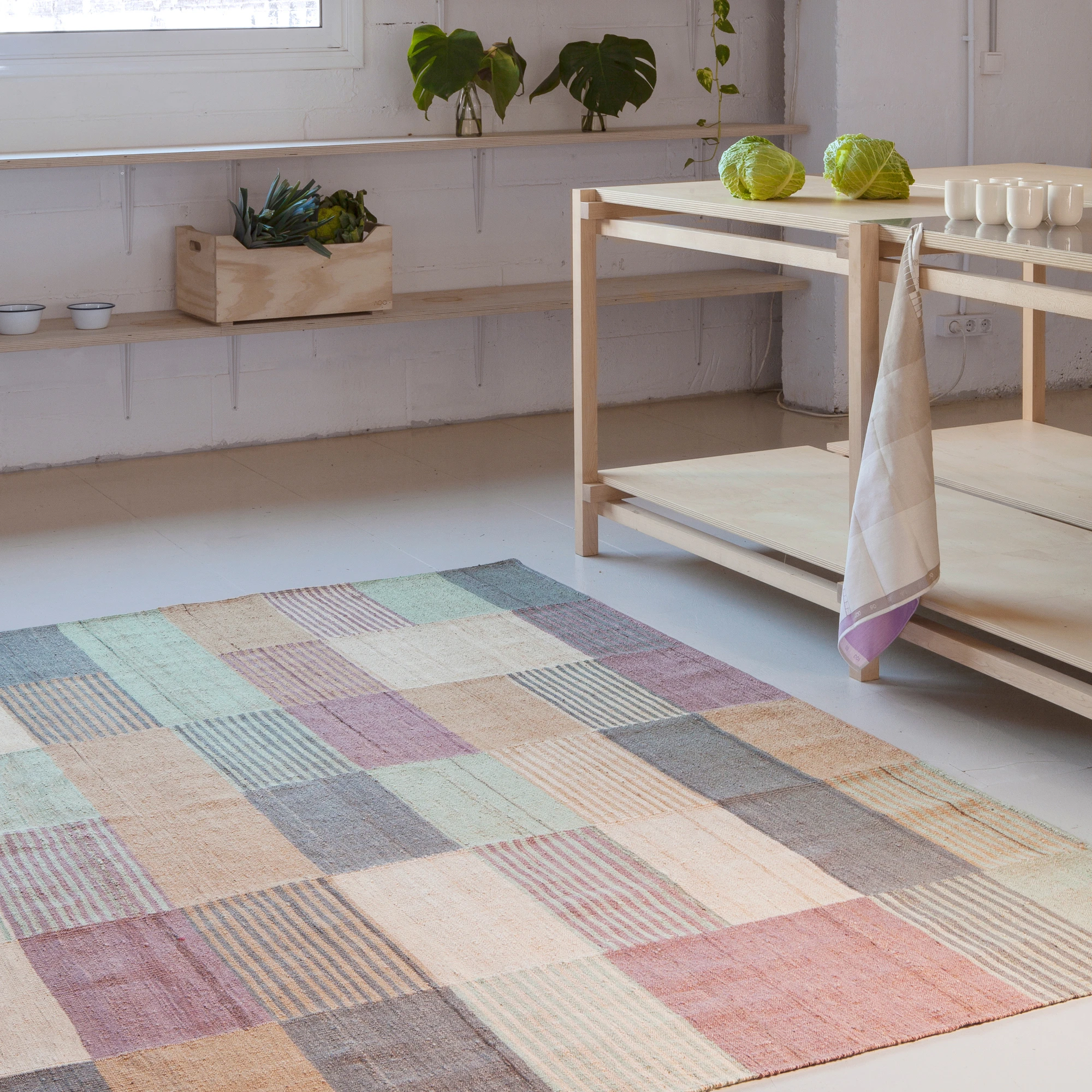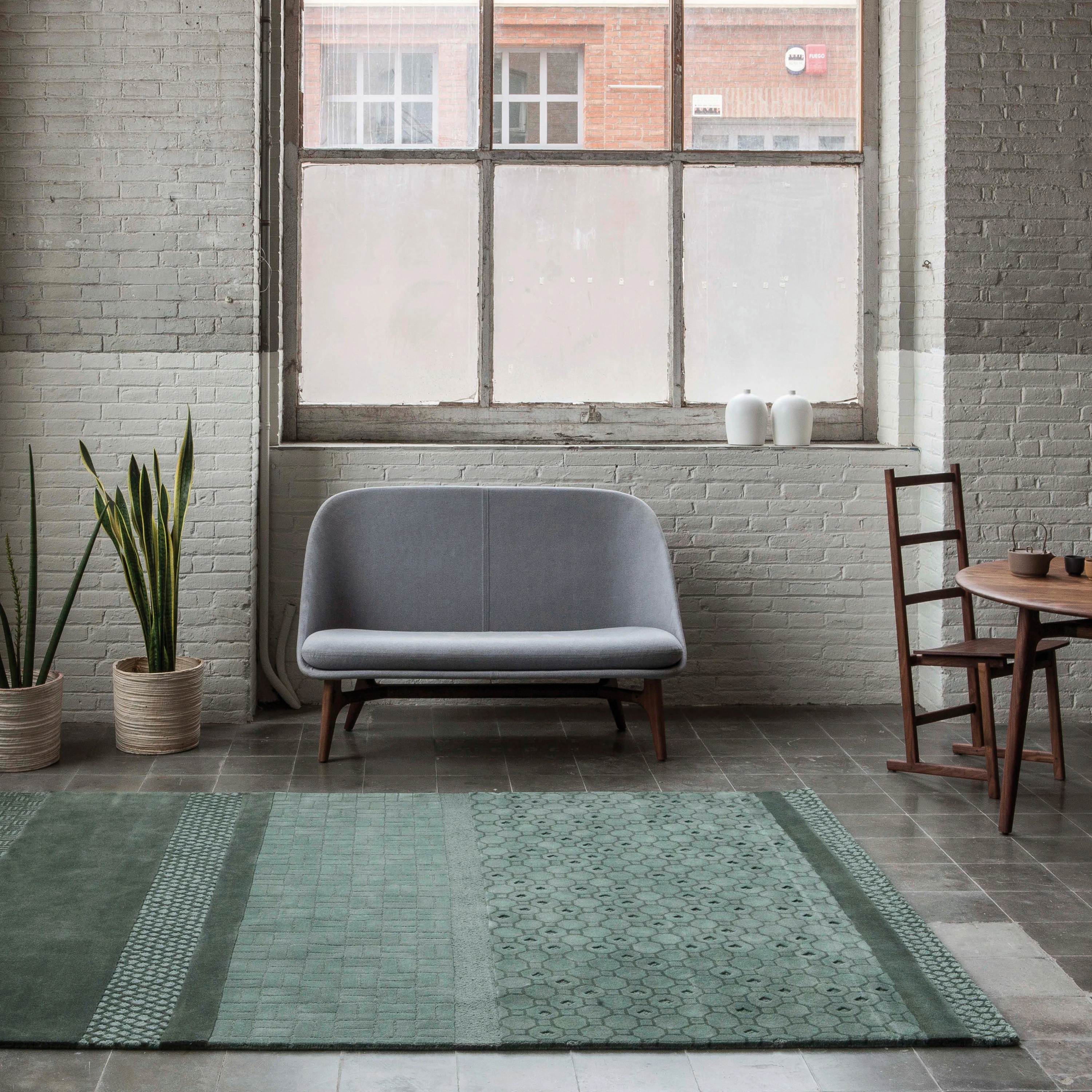Products by Nanimarquina
See all productsCollections
See all collectionsCatalogs
See all catalogsRead more about Nanimarquina
See all storiesSimilar brands to Nanimarquina
See allWhere to find Nanimarquina
About Nanimarquina
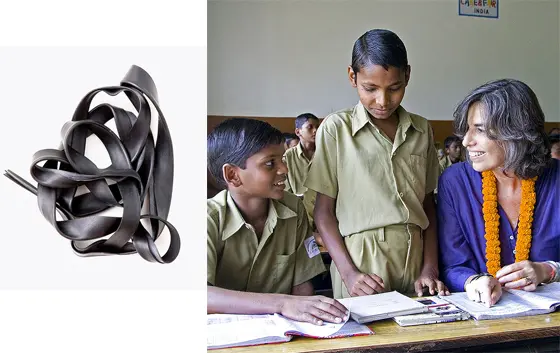
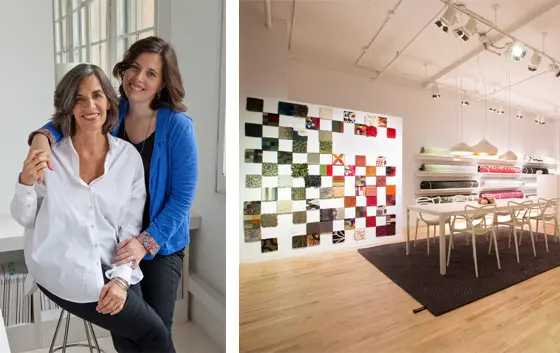
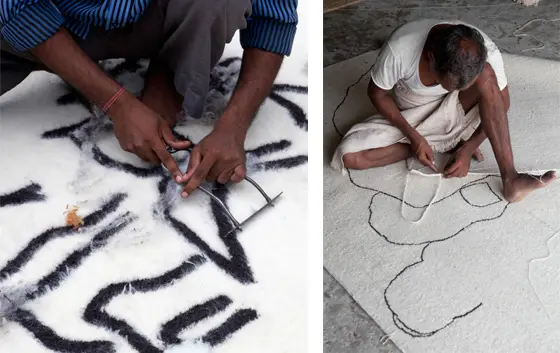
The idea of blending contemporary design to traditional rugs was well received and in the early 90s nanimarquina embarked on the adventure of outsourcing production to those countries that offered cultural value and unlimited possibilities for rug craftsmanship.
We are a family-owned company, pioneer in the field of contemporary rug design; searching for constant innovation, handcraft techniques, and new materials.
We work with local and international designers to ensure a diversity of themes and experimentation with various textures, materials and shapes. The result: one-of-a-kind nanimarquina rugs for each of our customers. A rug for each space and emotion.
The value of craftsmanship
Innovation is possible when there is a concise understanding of the pas, of traditions and cultures.
We travel the world, uncovering manual techniques, cultural and craft heritage, applying this first-hand knowledge in the creation of our rugs. Rugs are symbolic of history and origins; we research tools, looms, and artisanship to achieve the perfect harmony between our design and the finished product.
We make tradition contemporary.
Social Responsibility
Global conscience. This is a key factor at nanimarquina — actively being aware of others and devising strategies to improve the lives of people in the areas where we produce our rugs.
Our work with organisations such as Care&Fair, or the implementation of initiatives such as the Kala Project, allow us to build a brighter future for those directly involved in the process of producing nanimarquina rugs.
Caring for the environment is one of our key values as a brand. That is why we strive to enhance our work with the use of biodegradable and recycled products, experimenting with the different types of textures they offer.
To go a step further into the fight against environmental degradation, nanimarquina has introduced Eco-wash in the cleansing of our collections: the natural washing product Ecosheen is a biodegradable and free of chemicals multienzyme washing product, while powers the bright colors, shine and softness of each fabric.








